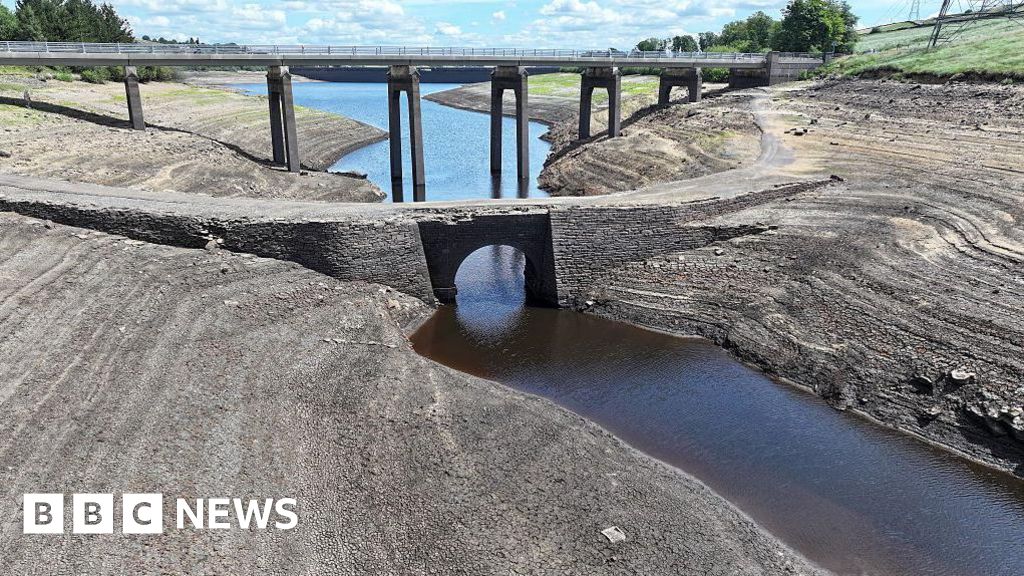Hanoi Motorbike Ban Sparks Rider Concerns: Will Green Transition Cost Too Much?

Hanoi's Bold Move to Curb Motorbike Pollution Faces Rider Resistance
Hanoi, Vietnam, is embarking on a significant environmental initiative – a ban on petrol-powered motorbikes within the city's central districts. This ambitious plan aims to drastically reduce air pollution and improve the quality of life for its residents, particularly in a city often choked by smog. However, the announcement has been met with a wave of concerns and anxieties from the city's vast motorbike riding community.
The Goal: Cleaner Air for Hanoi
Hanoi's air quality has consistently ranked among the worst in Southeast Asia, largely due to the sheer number of motorbikes on its roads. The city government believes that phasing out these vehicles is a crucial step towards achieving a greener and more sustainable urban environment. The ban will initially target the most densely populated and polluted areas of the city center, with plans to potentially expand the restrictions further in the future.
Rider Fears: Cost and Convenience
While the environmental benefits are undeniable, many Hanoi residents who rely on motorbikes for daily commuting are worried about the financial implications. Motorbikes are a primary mode of transportation for a significant portion of the population, offering affordability and flexibility that other options, like taxis or buses, often lack. The ban essentially forces riders to switch to electric motorbikes or other alternatives, which come with a considerable upfront cost.
“It’s a big change, and it’s going to hit us hard,” says Nguyen Thi Hoa, a local vendor who uses her motorbike to deliver goods. “Electric bikes are expensive, and charging them can also be a challenge, especially for those living in smaller apartments without dedicated parking.”
Navigating the Transition: Government Support and Challenges
The Hanoi government has acknowledged these concerns and has pledged to provide support to help riders transition to electric vehicles. This includes subsidies for electric motorbike purchases, investment in charging infrastructure, and incentives for businesses to adopt electric fleets. However, the scale of the challenge is immense. The city needs to rapidly expand its charging network to accommodate the anticipated surge in electric vehicles. Furthermore, ensuring equitable access to these subsidies and alternatives remains a key hurdle.
Beyond the Ban: A Broader Environmental Strategy
The motorbike ban is just one component of Hanoi's broader strategy to combat air pollution. Other initiatives include promoting public transportation, encouraging the use of bicycles, and enforcing stricter emission standards for vehicles. The success of this comprehensive approach will depend on effective implementation, public cooperation, and ongoing investment in sustainable infrastructure.
Looking Ahead: A Greener, but Potentially More Expensive, Hanoi
Hanoi's motorbike ban represents a bold step towards a cleaner and healthier future. However, navigating the transition will require careful planning, substantial investment, and a commitment to addressing the concerns of the city's residents. Whether the benefits of cleaner air outweigh the costs for individual riders remains to be seen, but one thing is certain: Hanoi's journey towards a greener capital will be a complex and challenging one.






